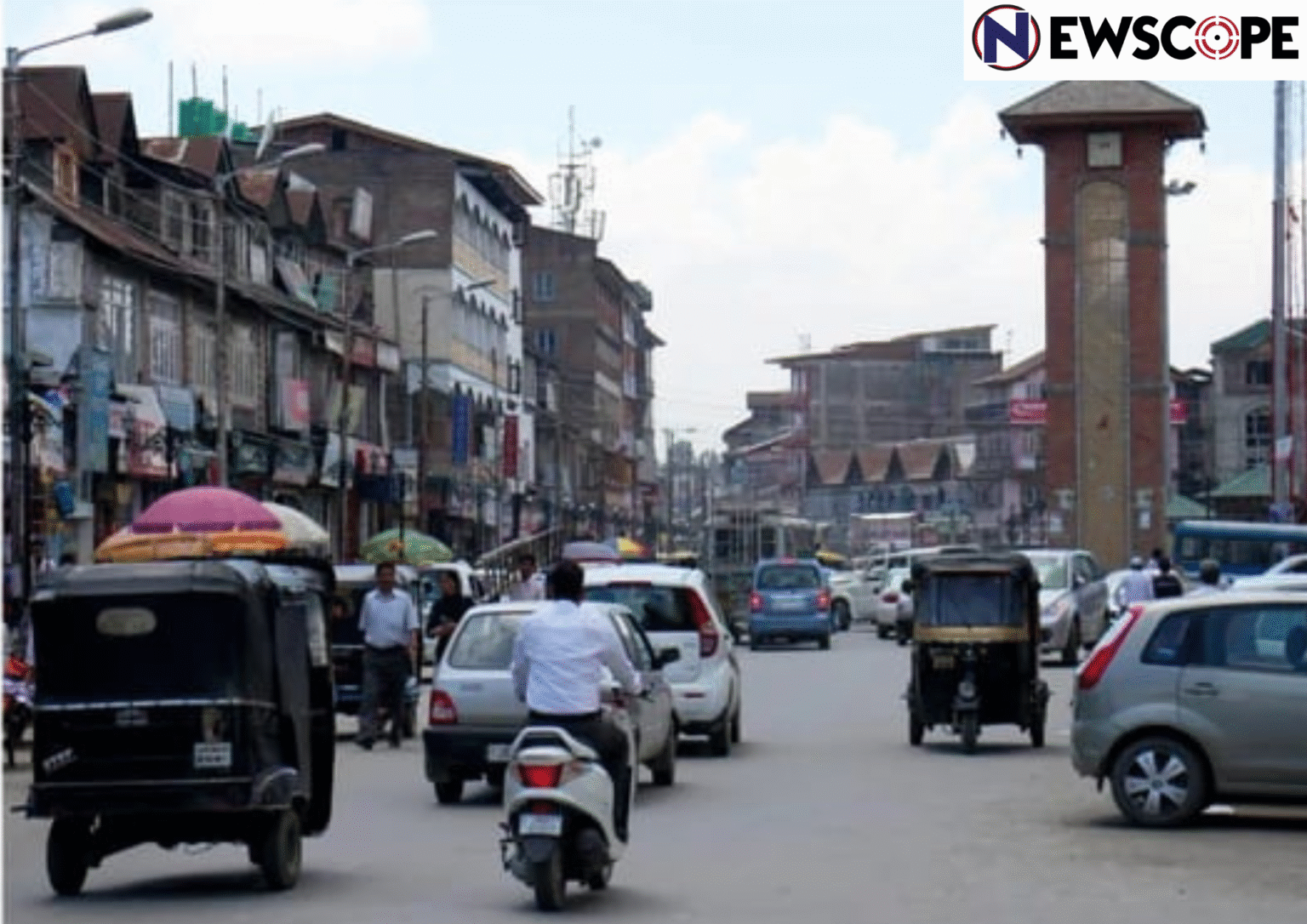August 5 marks the sixth anniversary of the abrogation of Article 370, which led to Jammu and Kashmir losing its statehood and being divided into three Union Territories.
Since the abrogation, most politicians and leaders in Jammu and Kashmir have been advocating for the restoration of statehood. The call for reinstating statehood in J-K has gained momentum following the formation of the Omar Abdullah government after the assembly elections.
On this date in 2019, Union Home Minister Amit Shah presented a resolution in the Rajya Sabha aimed at abolishing Article 370 and vehemently criticized opposition parties, including the National Conference, Peoples Democratic Party, and Congress, accusing them of years of exploitation in Jammu and Kashmir.
Shah asserted, “For years, under the shield of Article 370, three families have taken advantage of Jammu and Kashmir. The Leader of Opposition (Ghulam Nabi Azad) claimed that Article 370 linked Jammu and Kashmir to India, but that is not accurate. The Instrument of Accession was signed by Maharaja Hari Singh on October 27, 1947, while Article 370 was introduced in 1954.”
As the Bharatiya Janata Party (BJP) sent out greetings on the anniversary of the abrogation, former Chief Minister of Jammu and Kashmir Mehbooba Mufti urged a 15-minute blackout to protest the decision made by the Indian government in 2019.
“On August 4, 2019, we were silenced. On August 5, our voice, rights, and Constitution were taken away without our agreement. What was inherently ours was stripped away in an instant, without any prior warning,” Mufti shared on X.
In light of discussions about restoring statehood, Jammu and Kashmir Chief Minister Omar Abdullah expressed his hope for “something positive” during the current monsoon session of Parliament.
“I’m still optimistic about something positive for J&K in this monsoon session of Parliament but not tomorrow (sic). And no, I haven’t had any meetings or conversations with people in Delhi. This is just a gut feeling,” Abdullah posted on X.”
Recently, Farooq Abdullah, the chief of the National Conference (NC), criticized the Central government, questioning when statehood will be restored to Jammu and Kashmir.
The former Chief Minister of Jammu and Kashmir urged the ruling BJP to honor its commitment and called for elections to the Rajya Sabha seats, insisting that the public should not be deprived of the opportunity to voice their issues.
In response, the ruling BJP at the Centre has upheld its position that the abrogation of Article 370, which eliminated Jammu and Kashmir’s special status, was a rectification of a “historical wrong.”
In July of this year, BJP spokesperson Ranbir Singh Pathania, who is also an MLA from the Udhampur East assembly constituency, reiterated that Jammu and Kashmir is now a Union Territory (UT) and will continue to function under the rule of law, unaffected by any political dynasties.
Pathania stated that Jammu and Kashmir remains a state and expressed confidence that it would regain its statehood at the “appropriate time.” He indicated that its restoration as a state would occur when the moment is favorable, suggesting a possible future change in the region’s political landscape.



